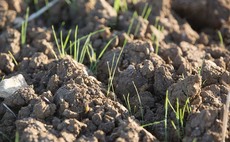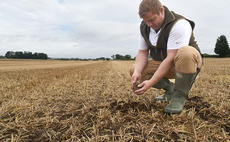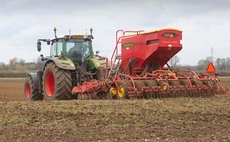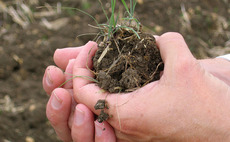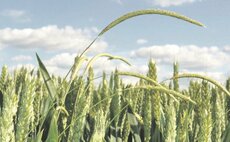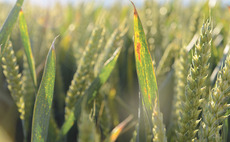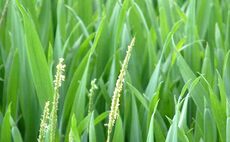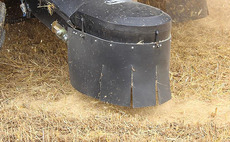Black-grass
Arable
High dormancy levels in freshly shed black-grass seeds have led to particularly prolonged germination this year.
Arable
A Dutch scientist turned film maker has teamed up with a group of European farmers to produce a crowd-funded documentary film which will dispel the mistruths surrounding glyphosate.
Arable
Heavy rainfall has put a stop to autumn drilling across many parts of the UK, making many growers nervous of a repeat of last season.
Arable
Harvest is all but finished here in North Yorkshire, the last few stragglers of spring barley are to be mopped up while spring beans are just about ready to cut. In all, yields are what we expected. Need I say any more?
Arable
The autumn and winter of 2019 is not one many will forget in a hurry, with farms throughout the UK struggling to get crops in the ground and conditions compromising establishment.
Arable
Assessment of a high number of black-grass seed samples shed this summer and collected from winter cereals has shown that dormancy is high at 24 per cent germination.
Arable
The window before harvest is an opportunity to check and map the black-grass situation to plan for the months ahead. Bayer’s Darren Adkins gives his top tips on what farmers can be doing right now.
Arable
BYDV management, yield expectations and drilling dates were among the topics raised at the AHDB East Anglia Monitor Farms summer meeting.
Arable
Recent rainfall throughout much of the country is likely to cause a flush of weeds, particularly where pre-ems could not be applied because it was either too wet or too dry.
Arable
The threat posed by potential resistance to key residual herbicide, flufenacet, could bring harvest weed seed management further to the fore in the UK

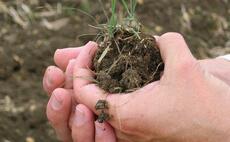
 25 November 2020
•
1 min read
25 November 2020
•
1 min read

